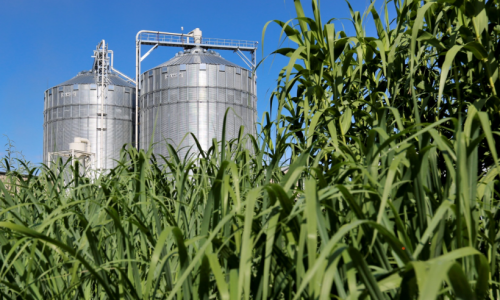Kutai Kartanegara regency has been expanding its fishery sector in Kota Bangun district since 2017 with an investment of IDR 59.74 billion. It is part of the Investment Coordinating Board (BKPM)’s 47 national projects.
The regency, which capital is Tenggarong, is part of the East Kalimantan province. Its area spans of 27,263.10 square kilometers (sqkm) and a water area of 4,097 sqkm. The regency had a population of 729,382 people in 2020.
East Kalimantan has a rich history of the Kutai Kartanegara sultanate since the 1300s. Currently, the province has a total area of 127,346.92 sqkm. In 2021, the total population was 3,808,235 people, which mostly were Muslims with a percentage of 87.41%. The province offers 6 investment opportunities, 3 industrial zones, 10 airports, 18 ports, 33 educational facilities, 135 hotels and 49 hospitals.
Fishery industry opportunity
The fishery investment in Kota Bangun district will become the driving force of the economy with very high potential.
Kota Bangun district head Mawardi said that there was a potential growth in freshwater cultivation, supported by a fish auction center. The district has become a freshwater conservation area to support the river water quality for the fish. Fishery business has driven the economy of the district and contributed to the declining poverty rate in the area. A total of 877 households in the district have a livelihood as inland fishermen.
Mawardi added that Kota Bangun did not only cultivate inland fishery but was also self-sufficient in corn. Meanwhile, the area has started to build its tourism potential as well as making use of fishery raw materials for creative economy.
Risk in inland fishery
Certain risks are omnipotent on fish such as death from diseases because of the decrease in living quality and complex problems. Extreme weather also contributes to high rain intensity that causes death and diseases.
Secretary of the Directorate General of Aquaculture of the Ministry of Marine Affairs and Fisheries, Tri Hariyanto, said on March 7, 2018, that there were fish diseases such as Motil Aeromonas Septicemia (MAS).
MAS is a dangerous virus that could kill fish. In 1980, about 82.2 tons of fish died in one month throughout Indonesia. The disease could spread wildly causing widespread death to fish. Other diseases include Acute Hepatopancreatic Necrosis Disease (AHPND), White Feces Syndrome (WFS), Enterozyton Hepatopenaei (EHP), and Tilapia Lake Virus (TILV).









